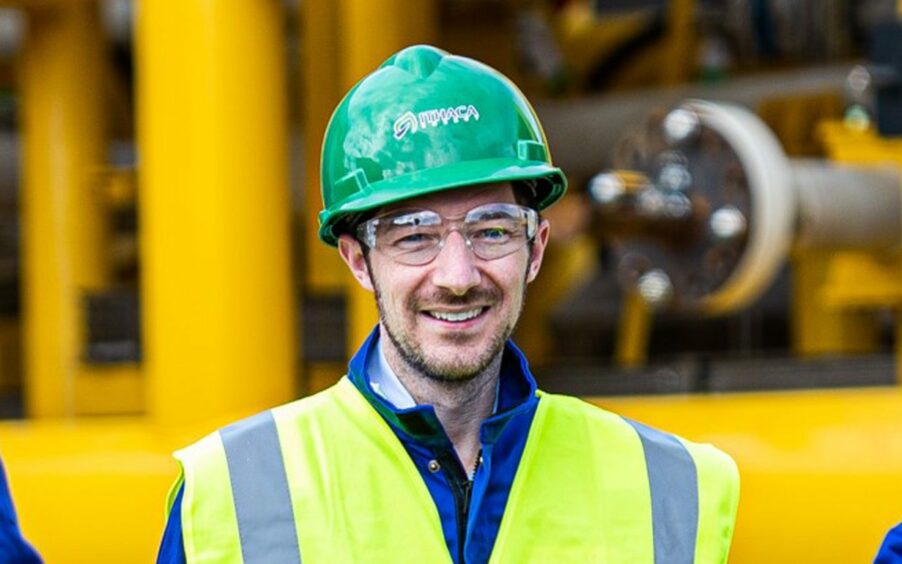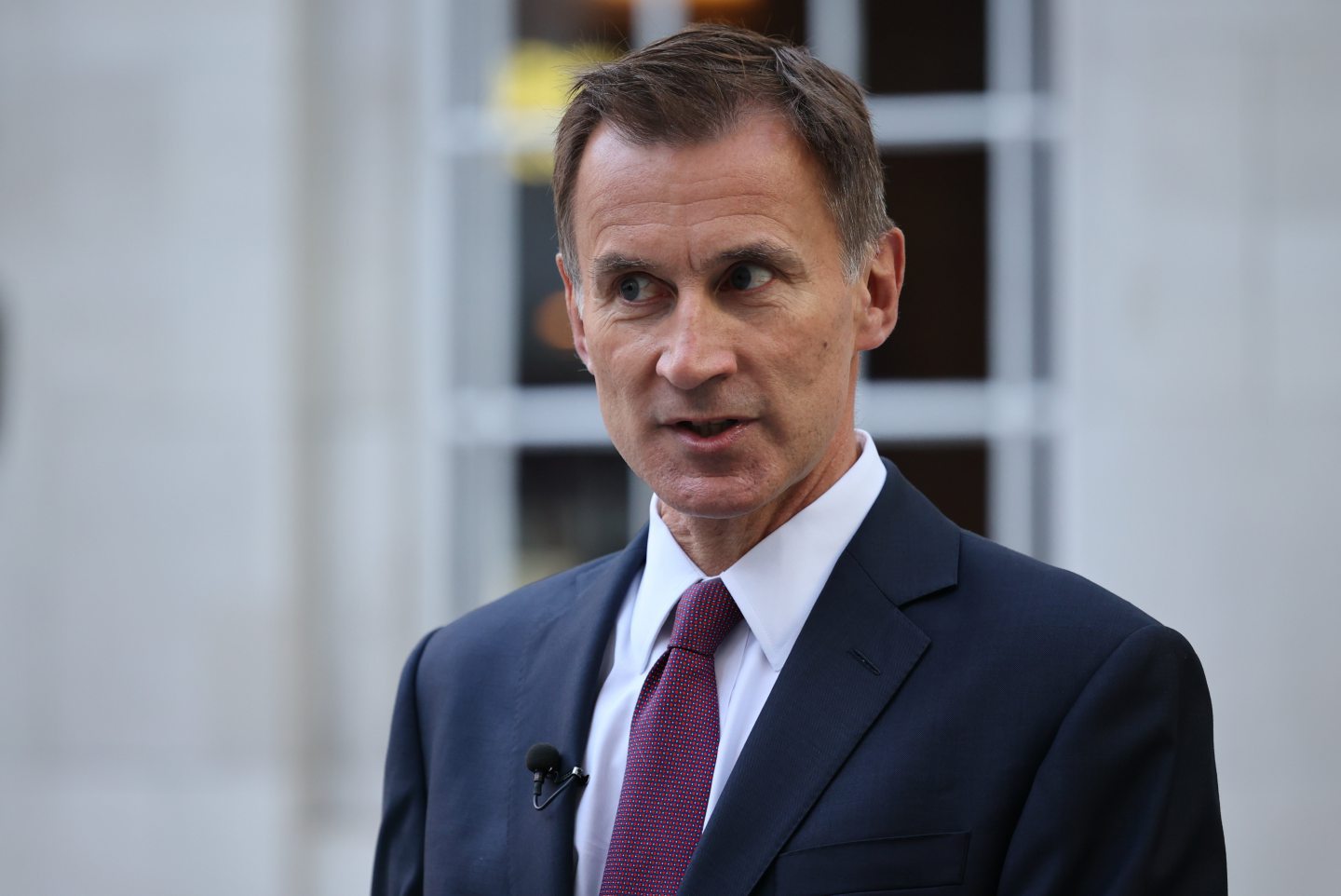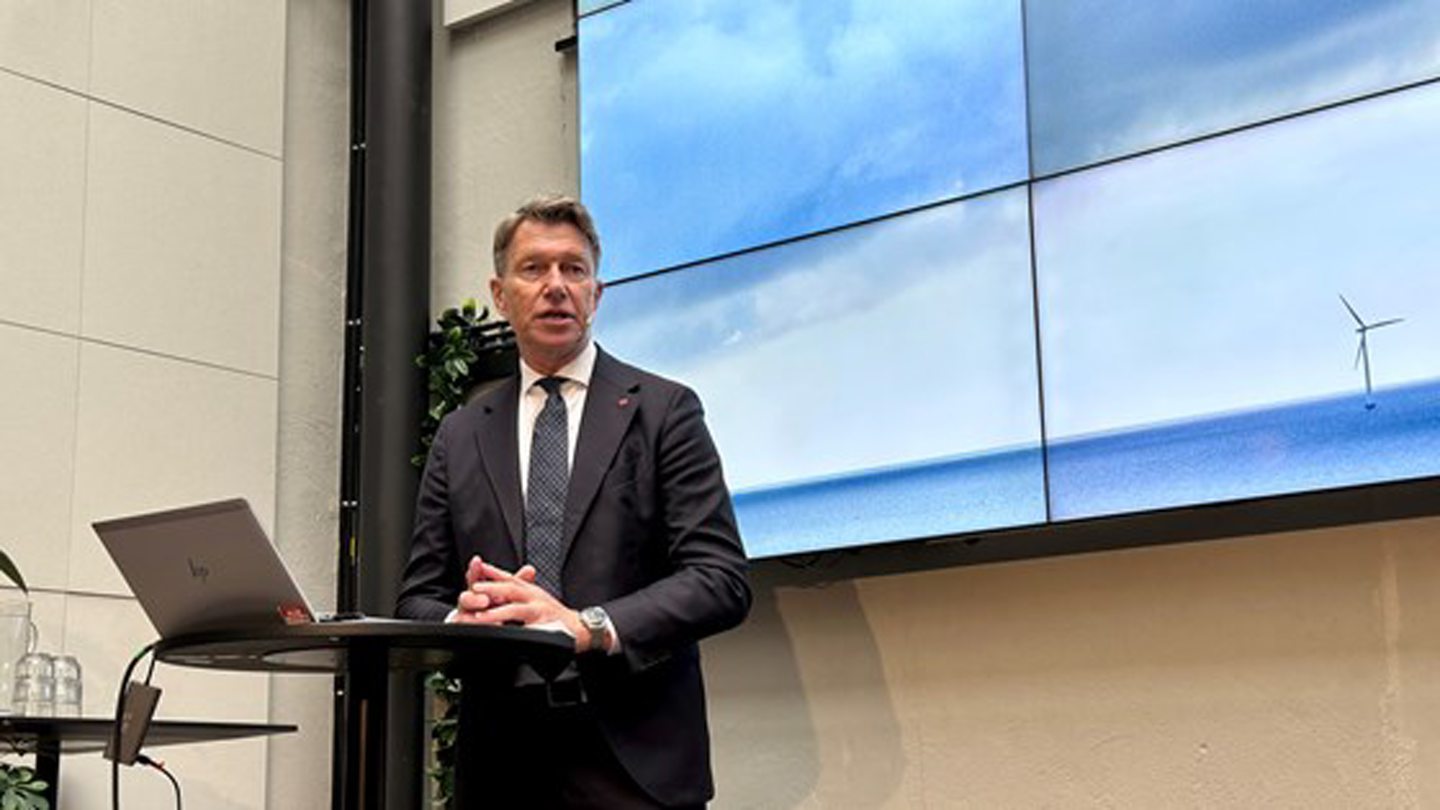
Ithaca Energy (LON: ITH) is now on the hunt for a new partner as it seeks to reach a final investment decision on the Cambo oilfield.
On Tuesday, the firm announced it was acquiring the 30% share of Shell in the West of Shetland development, becoming ints sole owner.
That was after a fresh sales process for the Shell stake was announced in May, with the likely outcomes either being a new party coming in, or Ithaca taking on the holding.
“It’s positive in terms of having control of the development,” said Ithaca Energy CEO Alan Bruce.
“All the challenges that we’ve spoken about before (are) still things that we need to overcome, particularly around fiscal certainty and the broader investment climate, but those are all things that we can work and and we will.
“The good thing is this is second-largest undeveloped discovery in the UK, it’s a strong resource, so we’ll continue to progress and still be looking to farm out some of the share to bring a partner along to support the combined development.”
The sales process was run by Shell, and Ithaca said it was not party to that and thus not aware of what the bidding landscape might have been for potential partners.
Asked about his hopes going forward to farm-out, Mr Bruce pointed to the current review of the UK fiscal regime, with the UK Government committing to outlining next steps by the end of the year.
Certainty needed on UK fiscal regime
“We’re really hopeful that in terms of future certainty – the certainty around the investment allowances – if we can get that, we think that that could be the thing that could help to encourage companies to come in,” said Mr Bruce.
At the moment, there is a 91% return on investment for spending on new oil and gas projects under the Energy Profits Levy (EPL) legislation.
But these are multi-year investments. With the windfall tax due to close in March 2028, there could be a change in fairly near-term once Cambo’s revenues come in.
Beyond that, a new government under Labour is likely to make its own changes.
Mr Bruce said: “The key point is that these are multi-year investments that are going to span the current government then into the next Parliament.
“So it’s just about having some certainty around the fiscal conditions when you take the investment that those are still going to be respected when the actual revenues start to come from the project.
“In this industry we’ve got uncertainty around commodity prices, we’ve got uncertainty around capital expenditure, so having another uncertainty to manage just makes projects more of a challenge.
“If we can get to the point where there is less uncertainty in relation to the fiscal terms, whatever form that might take, that certainly would be a benefit for the project.”
Timeline for Ithaca Energy Cambo FID?
With those uncertainties ongoing, there are questions around the timeline for a key final investment decision (FID) on the Cambo project.
At one stage, Ithaca had hoped to reach that point in H1 2023, but uncertainty over the windfall tax has pushed that.
Managing cash outflow for the project versus cash availability in the business, and the relative risk from a fiscal perspective are the main barriers to FID at the moment, said Mr Bruce.
Last week, Equinor confirmed that the nearby Rosebank project – which Ithaca is partnered in – is expected to reach FID this year.
Cambo is now behind Rosebank on the schedule.
“Previously we had them in parallel or competing for FID,” said Mr Bruce.
“At this point Rosebank looks like it’s ahead of Cambo. So, we would reiterate what Arne (Gurtner) said on timelines for Rosebank and our first focus area, and then we’ll get through that and we’ll be working on Cambo in parallel, but it’s probably a bit behind Rosebank in terms of where we are just now.”
He adds that there remains significant in the portfolio and converting those opportunities.
“We have to take a long-term approach. We’ve built up a really strong portfolio in the company, one of the longest reserves-to-production ratios compared to our peers.
“So while we might not be able to prosecute everything quite as fast as we’d originally anticipated at the IPO, it’s still a really good portfolio of assets that we’ve got and the commitment is still there to try and develop the portfolio.”
Be a bit more Norway
The frequent criticism of projects like Cambo and Rosebank are that its products will be exported – most likely to refineries in Europe – as they are mainly oil projects and won’t, therefore, reduce energy bills.
That’s juxtaposed with the fact that the UK is a significant net importer of energy; domestic energy production has dropped at a faster rate than it consumes since 2000 – 62% and 28% respectively.
Speaking on domestic oil developments, NSTA boss Stuart Payne highlighted in June that “Product A” sent to Europe is often bought back in the UK as “Product B”.
“We still need to do the work around making sure we have control over those molecules. It’s still a security of supply issue, it’s just a different one,” he said.
Asked about the balance of imports, Mr Bruce of Ithaca recalled Norwegian energy minister Terje Aasland during licensing round awards for the Barents Sea this year, when he said “further exploration is important to ensure that Norway remains a safe and predictable supplier of oil and gas to Europe”.
Mr Bruce said: “I thought that was quite a refreshing approach actually, considering everything going on in the world that was how they were thinking about it.
“So it does seem logical to me that a similar approach isn’t necessarily a bad thing in the UK, particularly when you consider the net balance of payments in the UK and the net balance of products being refined and then coming back into this country.
“When you look at the detail in the Climate Change Committee report there’s going to be a gap. I just can’t see a scenario where we’re able to get anywhere near 100% of the domestic resource requirement, even in the most optimistic scenarios around demand destruction.
“Given that, in terms of the economic benefit that this project and others offer to the UK, it strikes me that it’s a good thing for us to be doing when it’s got an overall emissions benefit and an economic benefit for us as a country.”
Recommended for you


 © George Cracknell Wright/LNP/Shut
© George Cracknell Wright/LNP/Shut © Ithaca Energy
© Ithaca Energy © Supplied by Jo Henrik Jarst? / O
© Supplied by Jo Henrik Jarst? / O